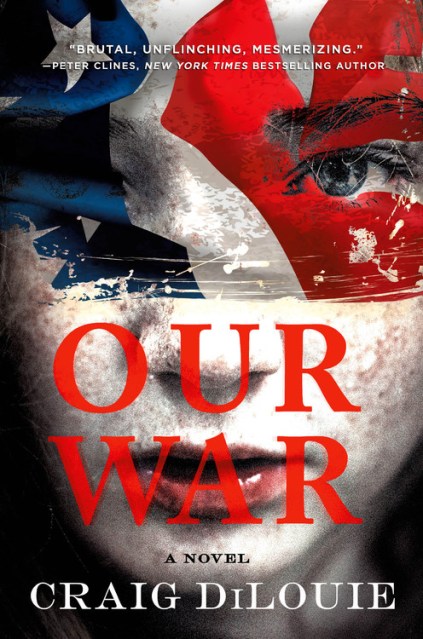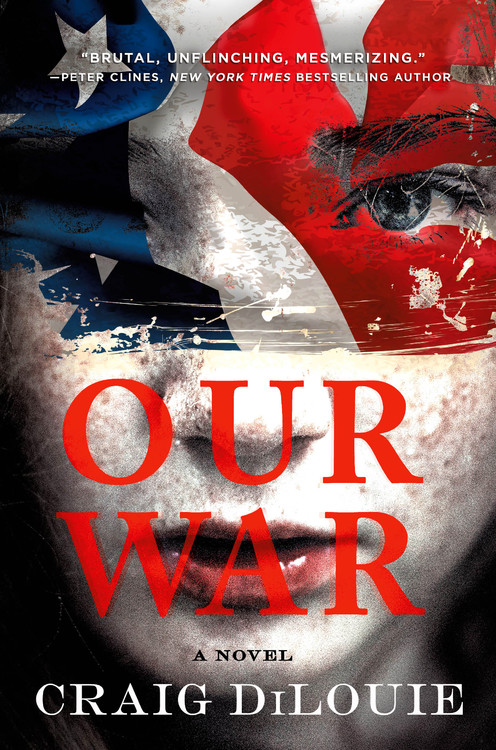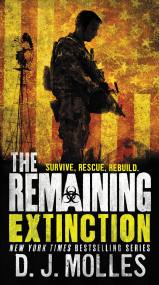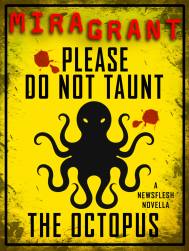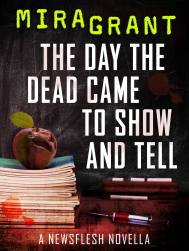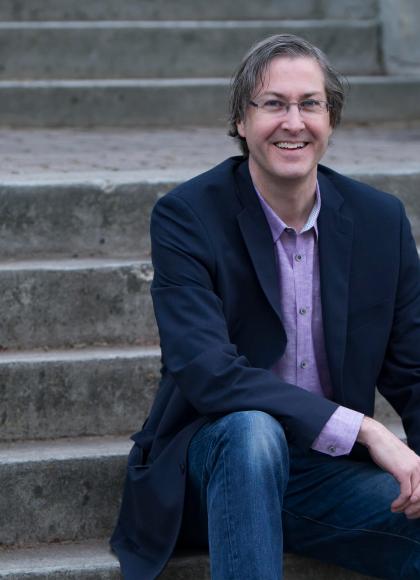By clicking “Accept,” you agree to the use of cookies and similar technologies on your device as set forth in our Cookie Policy and our Privacy Policy. Please note that certain cookies are essential for this website to function properly and do not require user consent to be deployed.
Our War
A Novel
Contributors
Formats and Prices
Price
$26.00Price
$34.00 CADFormat
Format:
- Hardcover $26.00 $34.00 CAD
- ebook $9.99 $12.99 CAD
- Audiobook Download (Unabridged)
- Trade Paperback $24.99 $31.99 CAD
This item is a preorder. Your payment method will be charged immediately, and the product is expected to ship on or around August 20, 2019. This date is subject to change due to shipping delays beyond our control.
Also available from:
On the battlefields of America, even our children will have to fight.
In his most powerful novel to date, acclaimed author Craig DiLouie presents a near future in which America is entrenched in civil war.
After his impeachment, the president of the United States refuses to leave office, and the country erupts into a fractured and violent war. Orphaned by the fighting and looking for a home, 10-year-old Hannah Miller joins a citizen militia in a besieged Indianapolis.
In the Free Women militia, Hannah finds a makeshift family. They’ll teach her how to survive. They’ll give her hope.
And they’ll show her how to use a gun.
“An instant classic that will join the ranks of dystopian futures that at times feel all too real.” – Nicholas Sansbury Smith, USA Today Bestselling Author
-
"Brutal, unflinching, mesmerizing."Peter Clines, New York Times bestselling author
-
"An instant classic that will join the ranks of dystopian futures that at times feel all too real."Nicholas Sansbury Smith, USA Today bestselling author
-
"An unflinching look at what happens when politics fail and war truly comes home, powered by the narrative shock of truth-telling."Christopher Brown, author of Tropic of Kansas
-
"Presenting a dark alternate reality that touches the seams of current events and a possible future, DiLouie offers an uncompromising view of child soldiers and patriotism in conflict."Library Journal
-
"DiLouie brings depth to his dark vision of America with a story that draws parallels to thesad reality of conscripted children fighting in real wars around the world today."B&N Sci-Fi & Fantasy Blog
-
"This may be one of the most important books you'll read this year . . . . Craig DiLouie has written a heart-breaking, terrifying novel."Cemetery Dance
-
"Our War further solidifies that Craig DiLouie is not only one of the best fantasists working today, he's one of the best writers out there, period. This novel is harrowing and heartfelt, upsetting and, most of all, utterly compelling."Bracken MacLeod, Shirley Jackson Award-nominated author of Stranded
-
"DiLouie captures the individual tragedy of people fighting a war that destroys the very things they are trying to save."David Walton, Campbell and Philip K. Dick Award-winning author
-
"This gritty, horrifying tale of hate ... sprinkled with moments of love, will leave readers with haunting memories."Publishers Weekly
-
"DiLouie's prose is eloquent, deeply compelling, and poses a possibility that alerts us to protect our world against such possibilities as depicted in this imaginative story. It touches many chords of recognition, and that is yet another trait of a brilliant writer. Highly recommended."San Francisco Review of Books
-
"Never has a dystopian future been so well written and delivered such a powerful social commentary on our modern society ... A fascinating and almost painful read that I highly recommend."ScienceFiction.com
-
"A powerful and heartbreaking tale about hate, fear, and truth. Author Craig DiLouie is fearless as he explores the dark territory of the human heart."Jonathan Maberry, New York Times bestselling author on One of Us
-
"This is not a kind book, or a gentle book, or a book that pulls its punches. But it's a powerful book, and it will change you."Seanan McGuire, author of Every Heart a Doorway on One of Us
-
"One of Us is a horror mash-up of Wild Cards and kid-capers like The Goonies, but its portrayal of hatred feels all too real - and will stay with you long after the book is done."The Washington Post
- On Sale
- Aug 20, 2019
- Page Count
- 400 pages
- Publisher
- Orbit
- ISBN-13
- 9780316525268
Newsletter Signup
By clicking ‘Sign Up,’ I acknowledge that I have read and agree to Hachette Book Group’s Privacy Policy and Terms of Use
